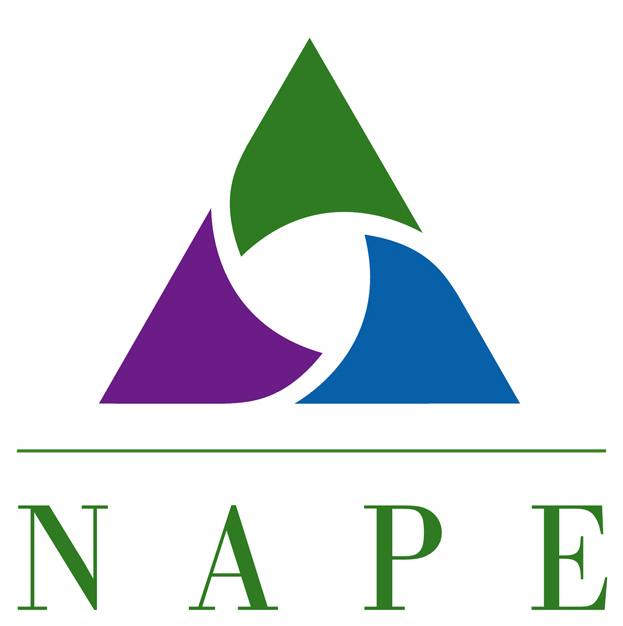NT 4.3.5 Support Services

Evidence shows that students who receive support services are more likely to succeed. Many of our students are facing an uphill battle and even a small amount of support can mean the difference between staying in a program and leaving. As Lori Holyfield writes in Moving Up and Out (2002), just having someone believe in her was pivotal to her success. She was empowered by the idea that she was worthy of an investment of both time and money. Schools that have had to reduce financial support can still offer an immense amount of benefit by offering small scholarships, support groups, peer mentoring, and a supportive place to study and gather, thus reducing feelings of alienation.
Additional support services that may be especially helpful to nontraditional students include mentoring, childcare assistance, transportation vouchers, financial aid, tutoring, and peer counselling. However, it is important to create a “culture of inquiry” surrounding support services to separate the perceived barriers from the students’ actual barriers to success.
Ongoing professional development for faculty and staff regarding the barriers of nontraditional and STEM students, especially those who face economic barriers, bias, and disabilities, face in completing their education is also important.

